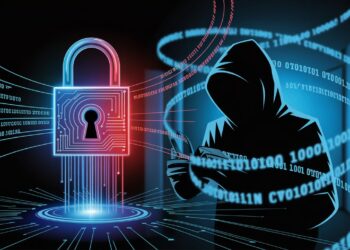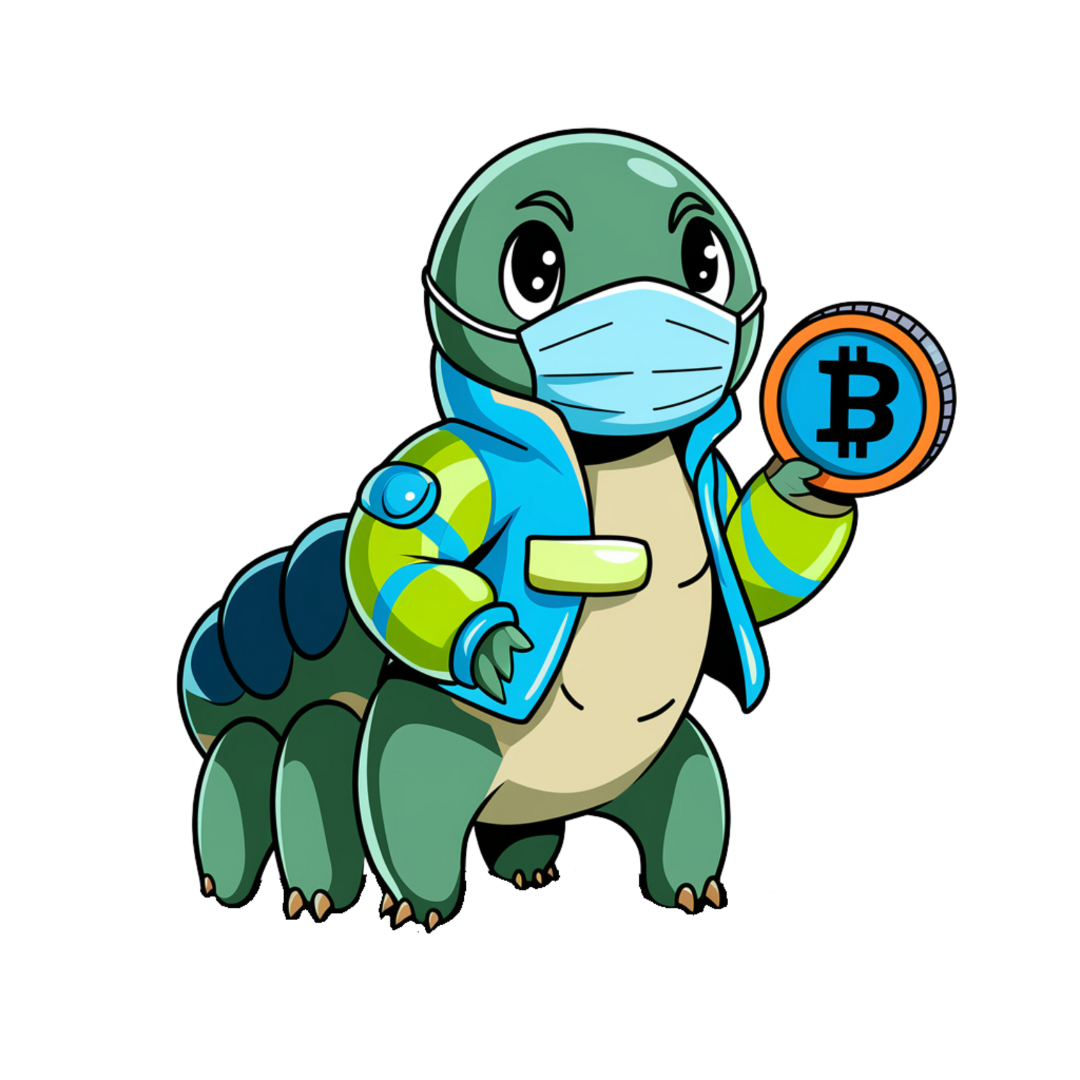Introduction
Getting goods from point A to point B involves many hands and steps. Ensuring the process is fast, honest, and clear matters more than ever. Buyers, sellers, and regulators all want a supply chain that works smoothly and openly. Yet, problems like fake products, theft, or hidden delays still happen. That’s where blockchain steps in. This technology promises to fix these issues by making data secure and visible. More companies are now adopting blockchain solutions, driven by real benefits and rising demand. Let’s explore how this tech is changing supply chains for the better.
Understanding Blockchain Technology in Supply Chains
What is Blockchain and How Does It Work?
Think of blockchain as a special digital notebook shared across many computers. Every time someone adds a new entry, it’s recorded in a block. This block links to the previous one, forming a chain. Because it’s stored in many places, changing information becomes nearly impossible. It uses cryptography to lock data tightly. That means everyone can see the same record, but no one can undo or alter it without permission.
Key Features Beneficial to Supply Chain Management
- Traceability and Transparency: Every step in the product’s journey is recorded, helping you verify where it’s been.
- Enhanced Security and Fraud Prevention: The system keeps data safe from hackers or sneaky edits.
- Improved Efficiency and Automation: Smart contracts automatically trigger actions, like payments, once conditions meet.
Challenges and Limitations
Despite its bright potential, blockchain faces hurdles. It can slow down as more data is added. Systems sometimes don’t work well together, causing compatibility issues. Laws about blockchain still develop, making legal clarity tough. Companies must plan carefully to avoid these snags.
Improving Traceability and Transparency
Real-World Examples of Traceability
Walmart uses blockchain to track food from farm to store. This means if something goes bad, they find the source fast. Similarly, Maersk and IBM launched TradeLens. It helps shipping and customs officials share data openly across borders.
Benefits for Stakeholders
Better tracking builds trust with consumers. When customers know their food is safe or that a product is genuine, brand value rises. Faster recalls save time and money, too. Plus, compliance to rules becomes simpler with clear, unchangeable records.
Actionable Tips for Implementation
- Connect blockchain with current ERP systems for smoother data flow.
- Involve everyone — suppliers, partners, and staff — early in the process.
- Train staff on how blockchain works to avoid mistakes or confusion.
Combating Counterfeiting and Fraud
Blockchain’s Role in Authenticity Verification
Counterfeit goods — like fake watches or fake meds — can be spotty in supply chains. Blockchain helps confirm authenticity with unchangeable records. For example, luxury brands attach digital IDs to products, making fakes easier to spot. Pharmaceuticals use blockchain to track medications back to the source, reducing dangerous fakes.
Impact on Revenue and Brand Integrity
Cracking down on counterfeits saves money and protects reputation. It builds trust when customers see proof of genuine products. A stronger brand can grow faster when consumers feel confident.
Actionable Tips
- Use digital identities for each product, like a unique barcode.
- Work with reliable blockchain platforms and trusted partners.
- Regularly review blockchain data for strange or suspicious activity.
Streamlining Operations with Smart Contracts
Automating Transactions and Payments
Smart contracts work like digital vending machines. Once conditions are met, such as confirming delivery, payments release automatically. This cuts out delays and manual work. For logistics, smart contracts confirm shipments and trigger invoice payments instantly.
Enhancing Contract Compliance and Reducing Disputes
These contracts are tamper-proof and transparent. Everyone can see what has been agreed, preventing disagreements. Some logistics firms now use smart contracts to ensure packages are handled correctly and on time.
Actionable Tips
- Create smart contracts tailored to your specific needs and rules.
- Have legal teams review smart contract language to stay compliant.
- Keep an eye on smart contract activity to catch issues early.
Enhancing Sustainability and Ethical Sourcing
Tracking Environmental and Social Attributes
Ethereum and other blockchains help trace a product’s journey on sustainability. You can verify if a farm uses eco-friendly practices or if a product meets social standards. Fair-trade coffee brands, for example, record ethical sourcing details on blockchain.
Supporting Certification and Compliance
Blockchain makes it easier to prove claims about eco-friendly, fair trade, or cruelty-free products. Auditing becomes faster because records are secure and unchangeable. This simplifies regulatory checks and customer trust.
Actionable Tips
- Pick blockchain providers focused on sustainability and ethics.
- Educate suppliers on how to input accurate data.
- Set sustainability goals and track progress within blockchain records.
Future Trends and Opportunities
The future of blockchain in supply chain looks bright. Combining it with IoT devices means real-time tracking becomes simple and cheap. AI can analyze blockchain data, giving insights into bottlenecks or risks. New industries will start using blockchain, not just shipping or food but also fashion, electronics, and more. Changing laws will influence how easy or hard adoption becomes, so staying informed is key.
Conclusion
Blockchain is transforming supply chains by making them more transparent, secure, and efficient. It helps track products, fight counterfeits, and automate tasks with smart contracts. Plus, it supports sustainable sourcing and ethical practices. To succeed, companies need clear strategies, involve partners early, and stay updated with legal rules. Embracing blockchain’s potential will give your business a solid edge. As the tech advances, expect even more innovation to create supply chains that are open, trustworthy, and ready for the future.

























